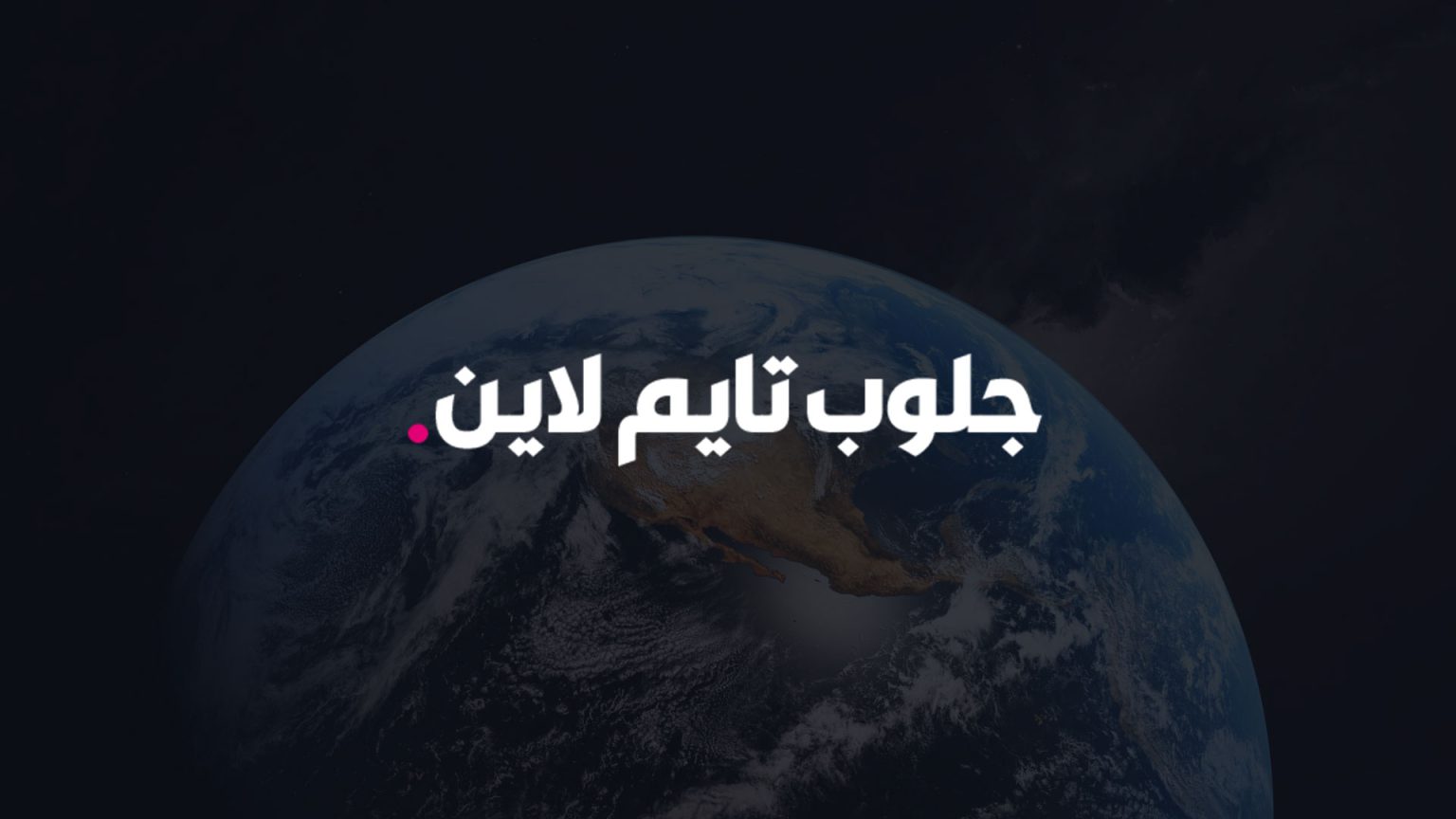Summarize this content to 2000 words in 6 paragraphs in Arabic Unlock the Editor’s Digest for freeRoula Khalaf, Editor of the FT, selects her favourite stories in this weekly newsletter.Daniel Ek’s body-scanning start-up Neko Health has raised $260mn in new capital to fuel expansion of its clinics to the US, as the Spotify founder aims to build what he called the Apple of healthcare. Ek co-founded Neko in Sweden alongside entrepreneur Hjalmar Nilsonne, its chief executive, in 2018, financing the venture for its first five years through his investment firm Prima Materia. “I think we have a shot of changing the biggest industry on earth and accomplish a win-win-win where we reduce costs for society, we reduce suffering and we can create a fantastic business,” Ek told the Financial Times. “The companies we compare ourselves with are the Apples or Teslas of the world, but we’re applying it to a very different domain, which is healthcare.”The start-up’s funding round announced on Thursday values Neko at $1.7bn, according to people familiar with the terms. The investment will help it expand to more countries, including the US, when it receives the necessary regulatory approvals. The deal is led by Lightspeed Venture Partners, a backer of Elon Musk’s xAI, Stripe and Epic Games, with other investors including Lakestar, Atomico, General Catalyst and OG Venture Partners. Neko’s first clinics launched in Stockholm in 2023, when it also raised $65mn from outside investors. It expanded to London last year, offering hour-long health check-ups that include high-resolution skin scans, blood tests and a doctor’s consultation for £299. “We are now at an inflection point where we have proven that we can build an amazing experience and we’ve proven we can get it to work . . . in one of the most difficult markets, the UK,” Ek said. Critics of preventive care companies say that they can generate “false positives” or alarm patients, which public healthcare services such as the NHS then have to pay to deal with. Neko’s fee includes follow-up appointments to verify any potential problems that its initial scan detects. Other preventive health scanning start-ups include Ezra and Prenuvo, while OpenAI chief Sam Altman has invested about $180mn into Retro Biosciences, which aims to extend human lifespan by a decade. Unlike most other preventive health services, Neko has engineered much of its own diagnostic stack, which includes high-resolution imaging, cardiovascular assessment and blood tests, producing millions of data points. Nilsonne said about three-quarters of the data generated by each scan came from its own medical devices, while other off-the-shelf equipment was also integrated into a system that was designed to run as many tests in as short a time as possible. More than 90 per cent of customers opt to allow Neko to apply AI to the roughly 15 gigabytes of data produced in each scan, offering patients personalised insights and recommendations, while also helping the company to improve its algorithms. “We are building up a much more comprehensive [health] data set than anyone else is doing,” Nilsonne said. Ek compares Neko’s “vertical integration” to the way in which Apple and Tesla design many of their own components and tightly control their supply chains, from chips and batteries to software and services. Like those companies, Neko can continuously improve not only its sensors and software, but the overall customer experience, which the founders see as key to attracting customers who would not otherwise want to pay for preventive care. Neko has completed 10,000 scans to date and more than 100,000 people have signed up for its waiting list. The private company did not disclose any financial information, but Nilsonne said the group did not lose money on each scan thanks to the degree of automation involved, pointing to “very solid unit economics”. Lightspeed partner Bejul Somaia, who is joining Neko’s board, said its level of repeat bookings and waiting list gave him a “high level of confidence” that the business model was working. “The investment would have been much tougher for us — though probably I would still have done it because of the team — than if you were taking a total leap of faith on whether people actually want this,” he said. Neko’s check-ups happen in a spa-like environment, bathed in pastel hues and soundtracked by soothing music, with a mixture of staff and voice-overs explaining each step of the process. The results are presented immediately after the scan by a doctor, visualised on a 3D avatar of the patient’s body and benchmarking their health metrics against those of other Neko customers and clinical studies. “We’re not selling a product, we’re selling an experience. This experience will keep on improving,” Ek said. “Where we are today, I like to believe that we will look back at this as the first iPod.”
rewrite this title in Arabic Daniel Ek’s Neko raises $260mn in push to be ‘Apple’ of healthcare
مقالات ذات صلة
مال واعمال
مواضيع رائجة
النشرة البريدية
اشترك للحصول على اخر الأخبار لحظة بلحظة الى بريدك الإلكتروني.
© 2025 جلوب تايم لاين. جميع الحقوق محفوظة.






